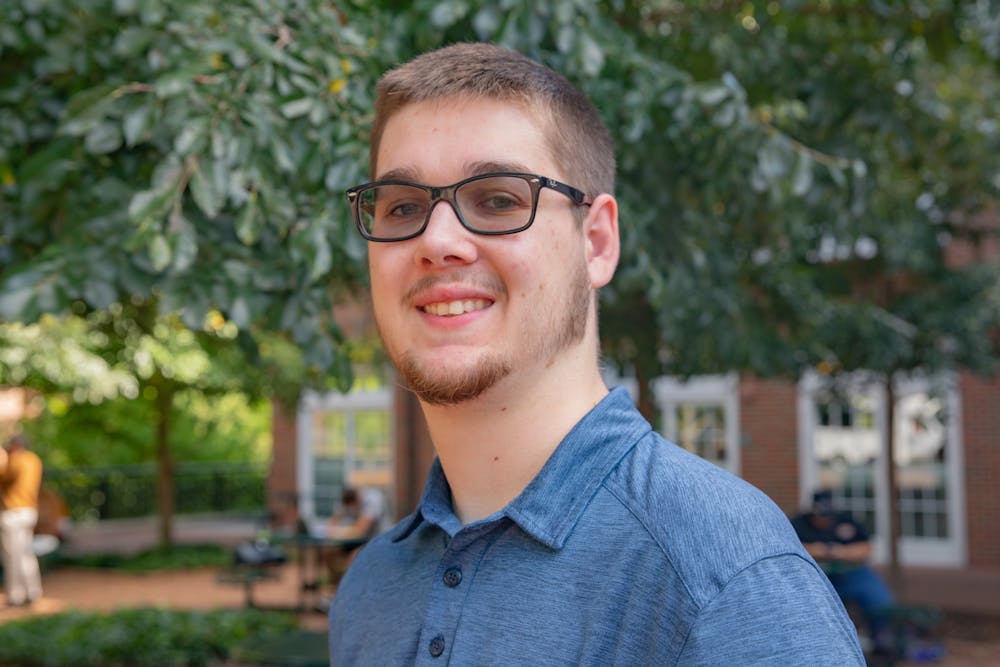This week represents one of the major starting points of the NBA season, as team media days mean a week of almost constant coverage. This year, one story has dominated headlines during a week that is usually filled with unbridled optimism about the season to come.
A few days ago, a report came out that 90% of NBA players were fully vaccinated against COVID-19, but that report was immediately overshadowed by a piece in Rolling Stone about the NBA’s growing anti-vaccine movement.
While I have some criticisms of the way the story was framed, such as the lack of pro-vaccine quotes from current players, there was one overwhelming idea that came out of the story. A vocal minority of NBA players, headlined by the Nets’ Kyrie Irving, the Warriors’ Andrew Wiggins and the Magic’s Jonathan Isaac, are vehemently against the COVID-19 vaccine.
While NBA players, and all people in the U.S., have the freedom to make their own decisions about the vaccine, there are two reasons that refusing to get the shot is a problem for them.
First, whether or not a person gets vaccinated is not simply a personal decision. The choice not to get vaccinated impacts everyone that comes into contact with someone who is unvaccinated, and any players who refuse are putting their teammates, coaches, opponents and arena workers in danger.
Second, and much more specific to the NBA, not being vaccinated could threaten the ability to play in home games. In the cities of New York and San Francisco, where Irving and Wiggins play, respectively, there are vaccine mandates for anyone attending an indoor gathering, including sporting events.
As such, Irving and Wiggins would not be allowed to play in the 41 regular season home games that their teams play, representing half of their schedule. This is where the reasons that those two players have given, or refused to give, for not being vaccinated are extremely problematic.
Neither player has given a clear reason for their decision, and both have said this is a private matter and that it was none of our business. However, when the reasoning behind a decision impacts whether or not you can be available for half the season to do the thing for which you are paid millions of dollars, it is no longer a private matter.
A private decision is what toppings you order on your pizza or what type of music you like to listen to. Those things affect you, and only you, and therefore you don’t owe anyone an explanation of why you order pineapple on your pizza or listen to Taylor Swift.
But when your decision affects not only the health and safety of the people around you, but your ability to do your job as a public figure, you owe the public an explanation.
The bottom line is that whether they like it or not, Irving and Wiggins no longer have the ability to keep important decisions such as these private. That was an ability they forfeited when they joined the NBA, and they should now have to make a simple choice between sticking to their misguided views about the vaccine and continuing to play in the NBA.
Will Cunningham is a junior studying journalism at Ohio University. Please note that the views and opinions of the columnist do not reflect those of The Post. Want to talk to Will? Tweet him @willocunningham.






